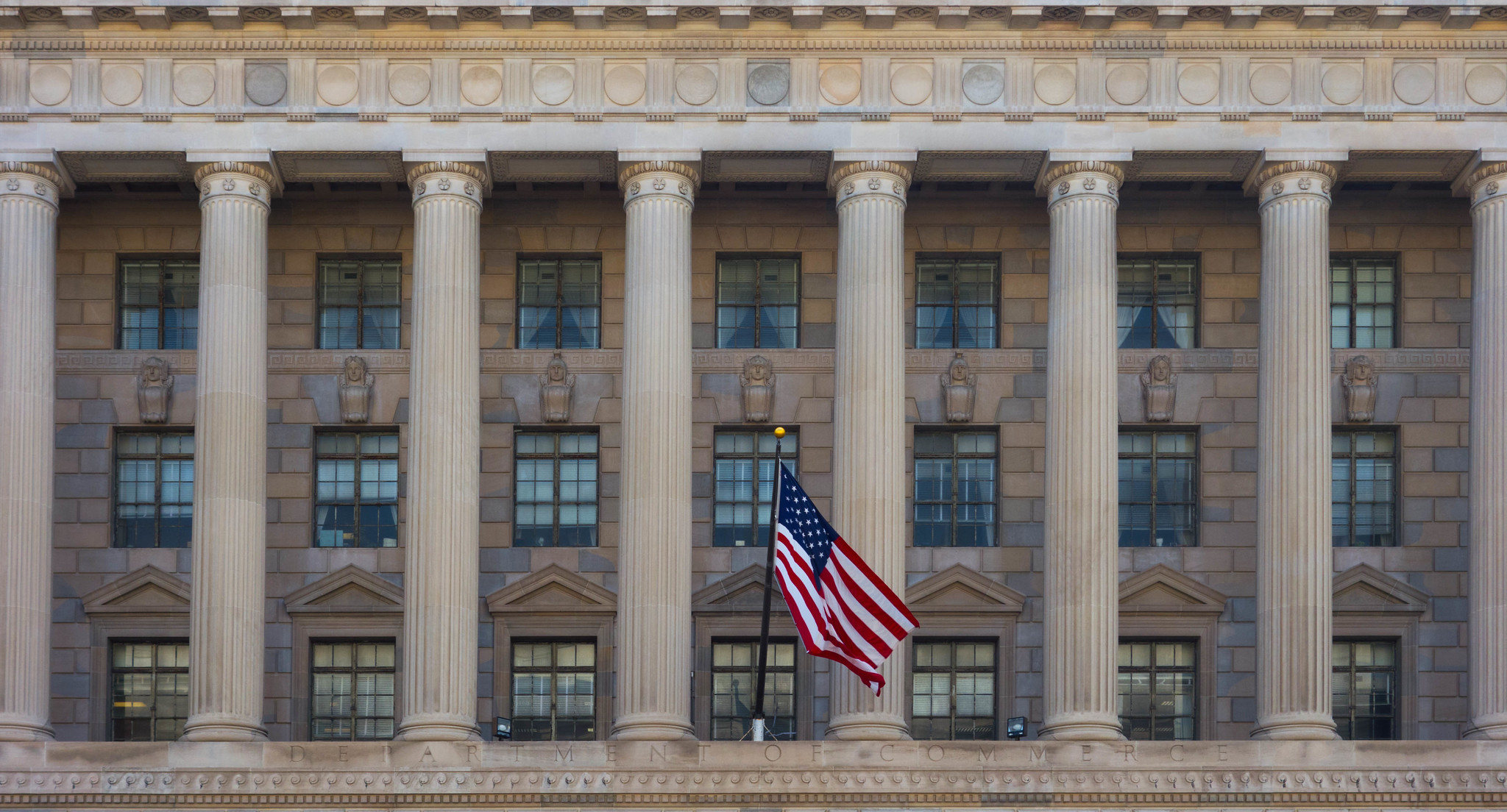Federal judge orders Commerce Department to turn over travel records

A federal judge last month ordered the U.S. Department of Commerce to provide David Yanofsky with records about foreign travel to and from the United States — data the Quartz journalist initially requested during the Obama administration.
The May 24 bench ruling by Judge Florence Pan of the U.S. District Court for the District of Columbia is the latest development in a Freedom of Information Act case that Reporters Committee attorneys have been litigating on Yanofsky’s behalf for more than six years. Yanofsky sued the Commerce Department in 2016 after the government claimed that records he had requested about international air traffic and foreign visitors to the United States were not available under FOIA — and that he would have to buy them for roughly $174,000.
Nearly two years after the first lawsuit was filed, then-federal District Court Judge Kentaji Brown Jackson sided with Yanofsky, ordering Commerce to apply FOIA’s ordinary fee provisions. The department ultimately agreed to grant Yanofsky a fee waiver and provided him with standardized summary reports about the travel records.
But Yanofsky had not requested the summary reports — he had asked for the non-aggregated data behind them. So in 2019, Yanofsky sued the Commerce Department again.
Though the case was delayed by the pandemic and the appointment of Judge Jackson to the D.C. Circuit Court of Appeals (and later the U.S. Supreme Court), Commerce still claimed that it had satisfied its obligations under FOIA by referring Yanofsky’s request to U.S. Customs and Border Protection, arguing the data originated with the border agency.
“It’s not unusual for FOIA cases to involve consultation with multiple agencies,” said Reporters Committee Senior Staff Attorney Adam Marshall, who represents Yanofsky. “But this case was striking because of Commerce’s insistence that it bore no responsibility to provide the data Mr. Yanofsky sought, and its increasingly ridiculous arguments to avoid disclosure.”
When the parties appeared for a hearing in May, Judge Pan agreed that the case had gone on long enough and that Commerce had failed to show that any of the data Yanofsky sought was exempt. The court once again ruled in favor of Yanofsky and ordered the department to turn over the travel data or file an appeal before July 26.
“It is not reasonable for an agency to fulfil its FOIA responsibilities simply by stating that it’s consulting and then referring the request to another agency for basically what has been an indefinite amount of time,” Judge Pan said in her ruling from the bench. “I think the record is clear enough that the Department of Commerce has the records that plaintiff is requesting and should release them.”
On Twitter, Yanofsky expressed relief that the court had once again decided in his favor.
“After an administrative and legal process that felt like I was being gaslit over and over again, [the May 24 hearing] was a revelation,” he wrote. “Judge Pan allowed no excuses for the government’s sloppy legal work and expressed the same befuddlement that my team has had the whole time.”
The Reporters Committee regularly files friend-of-the-court briefs and its attorneys represent journalists and news organizations pro bono in court cases that involve First Amendment freedoms, the newsgathering rights of journalists and access to public information. Stay up-to-date on our work by signing up for our monthly newsletter and following us on Twitter or Instagram.